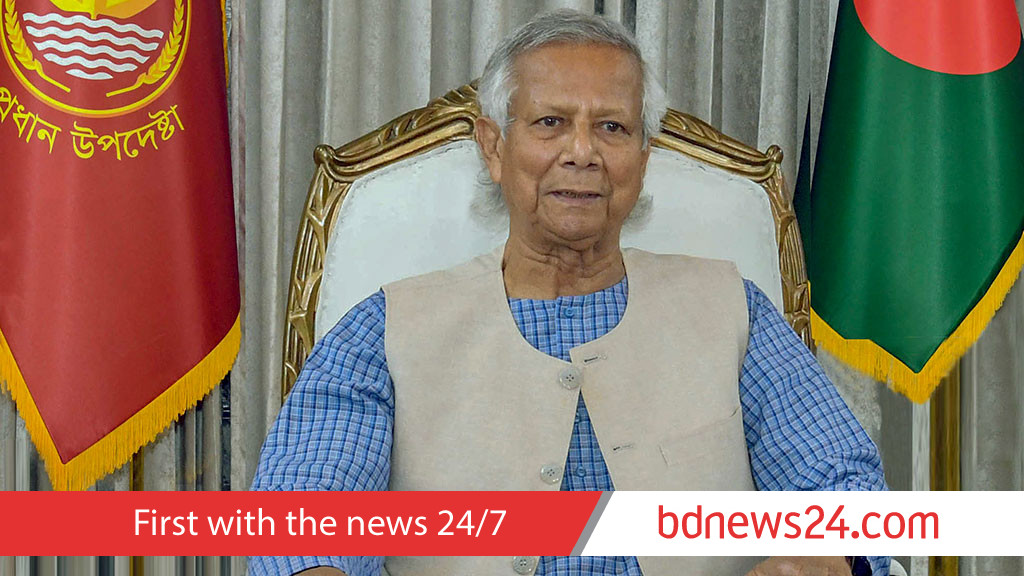Muhammad Yunus, the head of Bangladesh’s interim government, has emphatically ruled out the Awami League’s prospects of returning to the political fray in the short run amid a raging debate over the party’s participation in future elections.
In an interview with the Financial Times, the Nobel Peace Prize laureate denounced the party of ousted prime minister Sheikh Hasina for displaying ‘fascist characteristics’ during its 15-year rule and asserted that it ‘has no place’ in the country’s current political landscape.
Yunus, who was appointed chief advisor to the interim government after Hasina resigned her premiership and fled the country in face of a student-led uprising in August, also indicated that his administration would not actively pursue Hasina’s extradition from India to avoid straining diplomatic ties between the neighbouring countries.
“In the short run, definitely she has no place — the Awami League doesn’t have a place — in Bangladesh,” he told the Financial Times.
“They controlled the people, they controlled the [political] machinery, they controlled the institutions to enhance their interest,” he added. “No fascist party should be in existence in a democratic system.”
Critics of the Awami League, including political rivals and human rights advocates, have long accused the party of election rigging, extrajudicial killings, and weaponisation of state institutions during Hasina’s 15 years in power, according to the report.
Since her departure, debate has intensified over whether the Awami League should be temporarily suspended from politics, forced to reform, or banned altogether.
While Yunus speculated on the potential fragmentation of the Awami League, he emphasised that his interim government would not determine the future of Bangladesh’s oldest political party, as it is “not a political government”.
Instead, he believes any decision on the party’s participation in future elections should be reached by a “consensus” among political parties. “They have to decide their political space.”
The 84-year-old also said that the government would wait until a domestic criminal tribunal reaches a verdict against Hasina and her cohorts before pursuing her repatriation.
Yunus stated that his government would pursue Sheikh Hasina’s return to Bangladesh, but only after a verdict is reached by a domestic criminal tribunal that recently issued an arrest warrant for her and 45 others.
Hasina is facing mass murder charges, stemming from her administration’s attempts to quell the Anti-discrimination Student Movement in July, at the International Crimes Tribunal.
The tribunal recently issued arrest warrants for her and 45 others, sparking speculation about her whereabouts and possible extradition.
“She is charged with crimes against humanity . . . when the verdict comes out, we’ll try to get her back through the extradition treaty with India,” he told the Financial Times. “I don’t think we have a case to do that before a verdict is done.”

